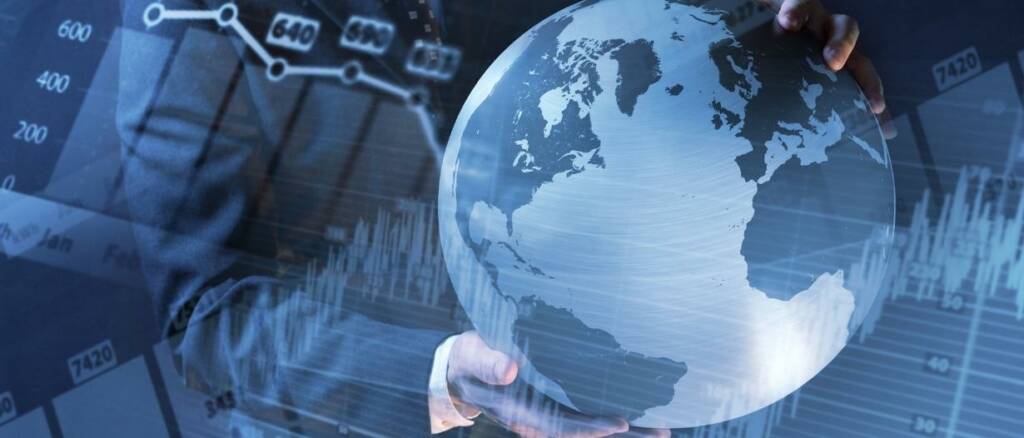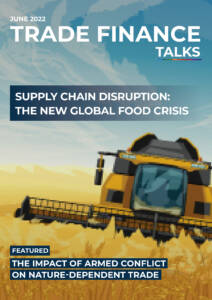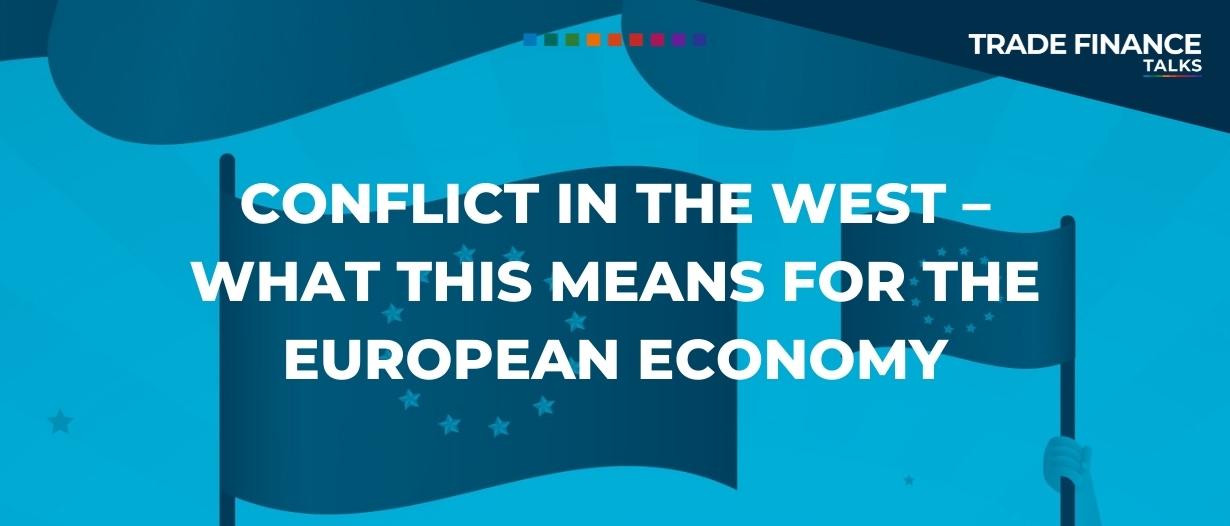First, it was COVID, followed by stagflation and now, with a potential commodity and energy crisis looming due to war and sanctions, many people are wondering what might be next. TFG talked to Erik van der Marel, chief economist at the European Centre for International Political Economy (ECIPE), about his predictions for the future of the global economy.
According to Brussels-based economist, Erik van der Marel, the post-COVID era provides both challenges and opportunities for businesses.
On the one hand, it has played havoc with more traditional types of trade centred around the physical transportation of commodities, leading to global supply chain disruptions and inflation, which continues to trickle down into other areas of the world economy, driving up costs, which richer countries are in a better position to absorb than poorer ones.
On the other, it has accelerated the development of a new form of digital economic globalization – one that is largely borderless and based on intangible products and services like data mining, artificial intelligence, ideas, digital assets etc.
While the latter is poised for massive growth, ultimately reducing costs and facilitating cross-border trade, van der Marel feels there could be some short-term pain ahead as businesses adapt to this brave new world and policymakers scramble to develop appropriate regulations to deal with it.
SMEs and the digital divide
SMEs, in particular, are at risk of being left behind – unless more is done to help them keep pace with technology in order to remain competitive, there is a danger of a digital divide developing.
“If you look at the digital economy, it’s growing very fast, so ideally, you’d like to help smaller companies be a part of it, which is not always easy because policy makers can’t do anything directly except support and stimulate those SMEs,” van der Marel said.
“They know that if they don’t do anything, the cost of people lagging behind will end up being even bigger for the wider economy, so I think that’s a clear risk.”
This issue should be tackled on two fronts: firstly via education to help SMEs adopt and interface with these new technologies; and secondly, through programmes designed to help SMEs handle the additional cost burden of scaling up equipment-wise, and handling the accompanying compliance and regulation requirements.
Regulation and compliance – the hidden costs
With new technology also comes the need for regulation, especially around privacy and consumer protection, however, if handled poorly, increased regulation has the potential to slow down trade and hamper adoption.
“Some policymakers in some countries apply rules that are slightly too strict or that are perceived as very onerous and burdensome, and so have a high compliance cost.
“That makes some of these companies less productive, less competitive, and that’s what we do see notably for SMEs.”
The key is to try and find a way to introduce protective data privacy regulations in a way that does not affect the flow of trade or disproportionately affect one sector of the economy.
“Everybody needs to incur a little bit of cost, but the relative cost burden for these smaller firms are bigger compared to large firms, and that’s a real risk for these smaller firms.”

Looking at the bigger picture
On a macro level, he emphasised the need for governments to work together to facilitate global trade through co-operation:
“For globalization and trade itself, it’s really about the cross border element of data, and for instance, policies that require localisation of data storage, investing in local infrastructures.
“These types of things can otherwise be really problematic.”
When it came to developing economies, he feels it is important to create an enabling environment designed to foster growth.
“If you think about firms in some countries that are poorer, that do not have that enabling environment to cope with this new digital economy, what you often hear is that the lack of knowing how to implement and knowing how to deal with these new digital technologies.
“That’s the bottleneck, and that basically comes down to skills.”
Growing pains will ultimately pay off
Ultimately though, he feels that the world economy is moving in a positive direction, but that this seismic shift will not be without growing pains.
“Short term effects, some people will lose out from things like sanctions for sure, and some businesses will stop if they don’t find a way to adapt. At the same time, current events will provide the extra push needed to move businesses and economies towards the new kinds of trade flows that we see.
In van der Marel’s view, new digital-based trade flows can only be a good thing.
This video interview was recorded at World Trade Symposium 2022.
Read the latest issue of Trade Finance Talks, June 2022






























